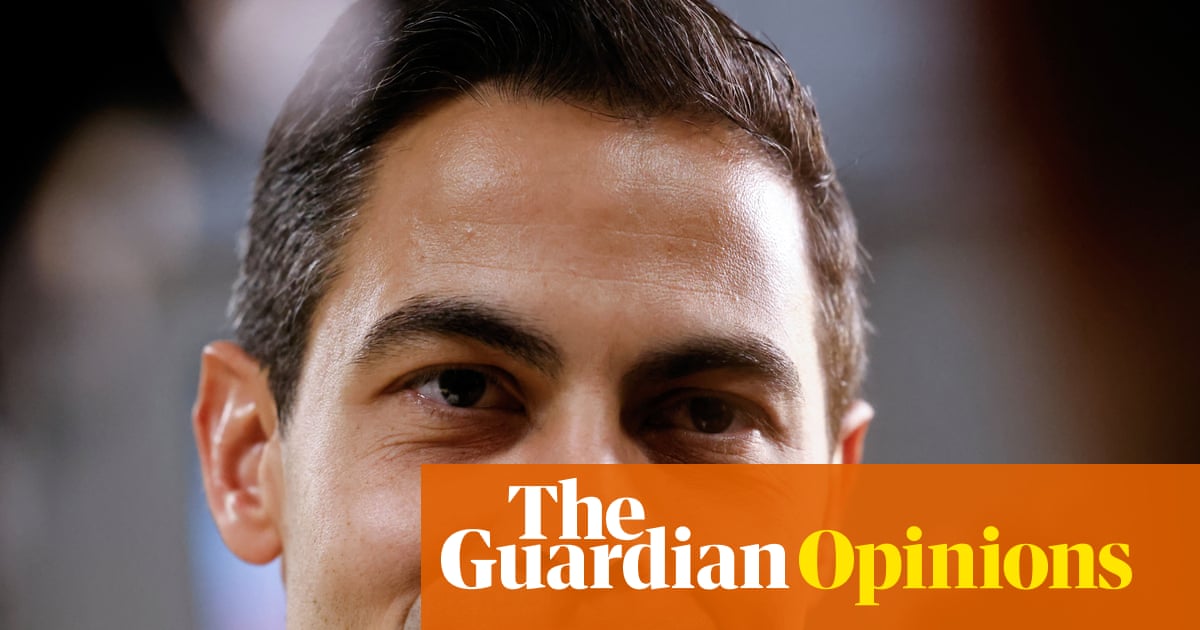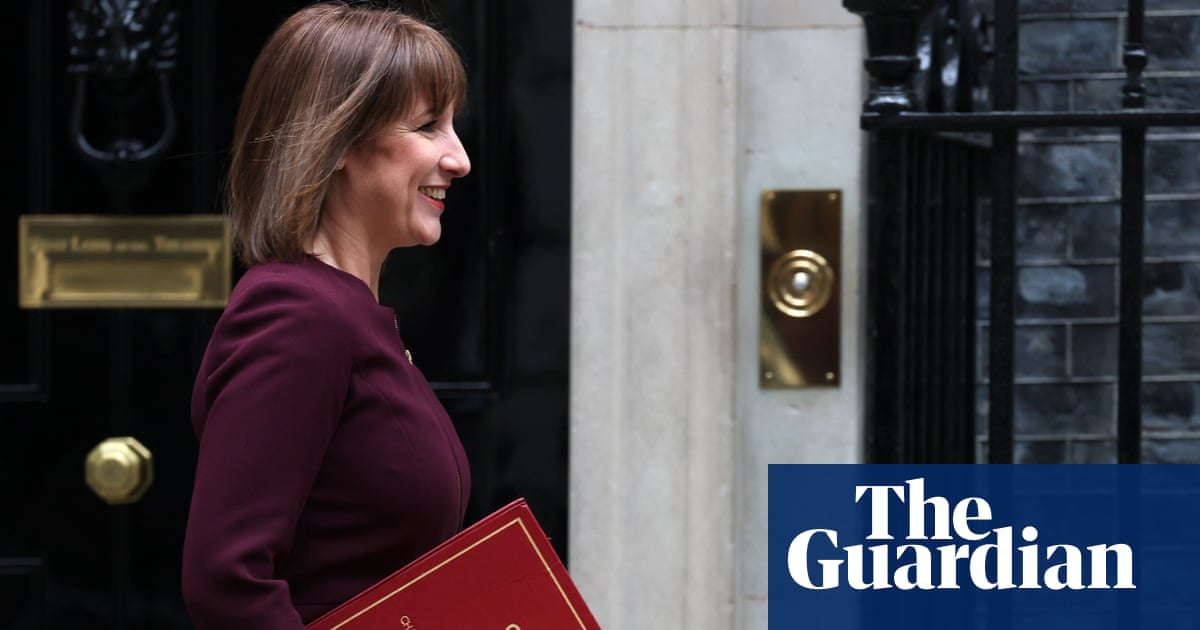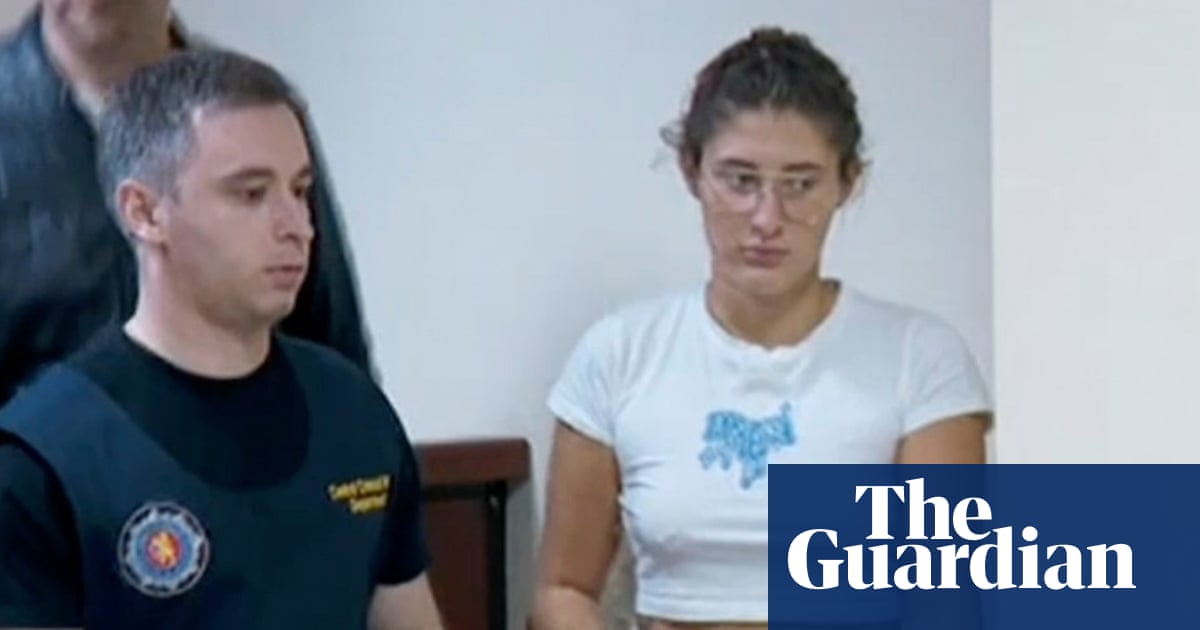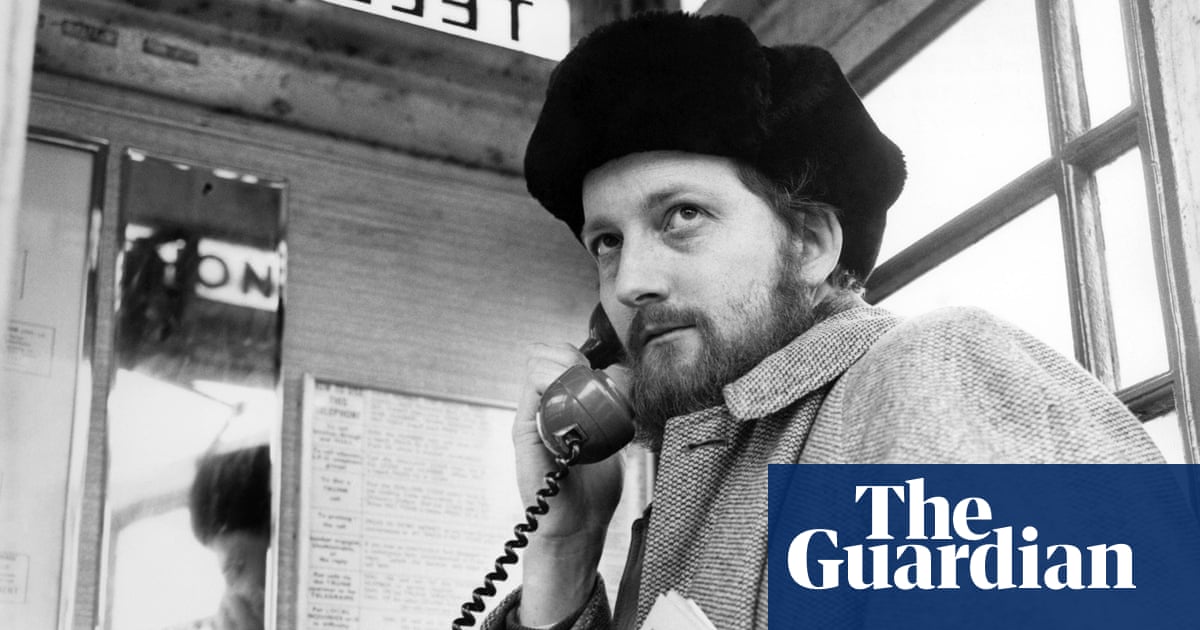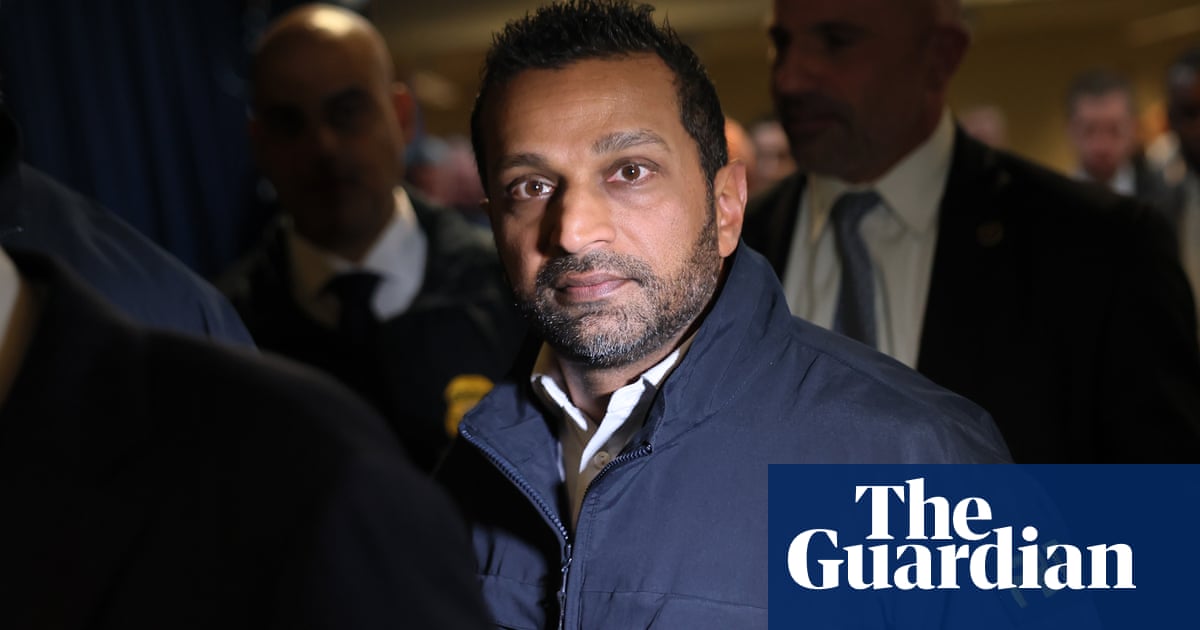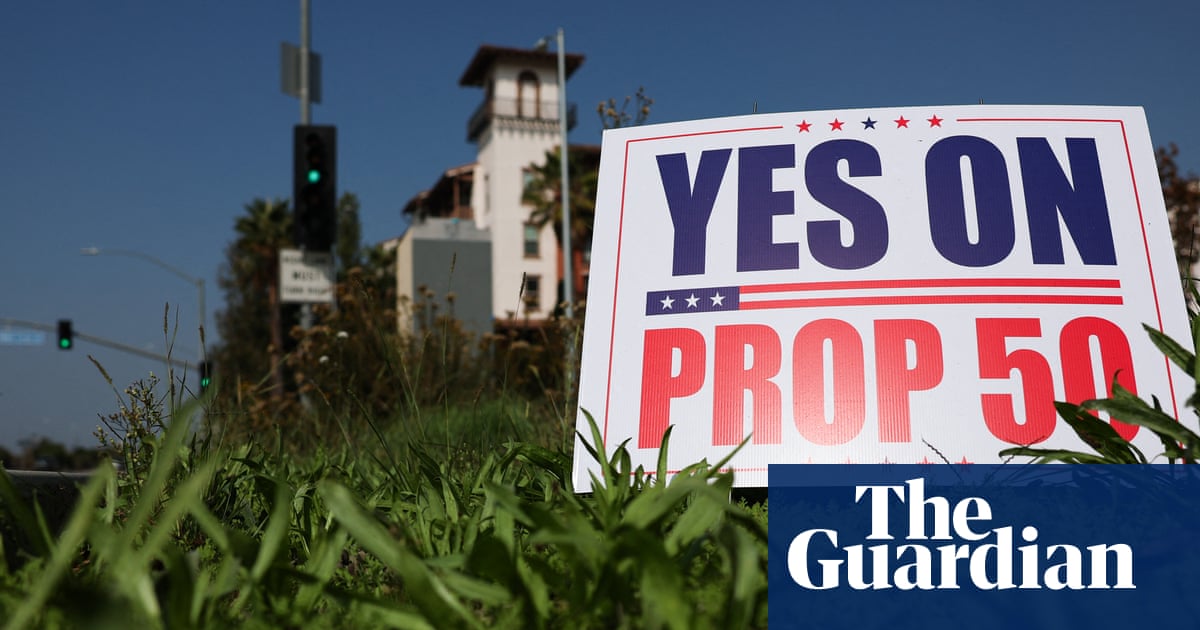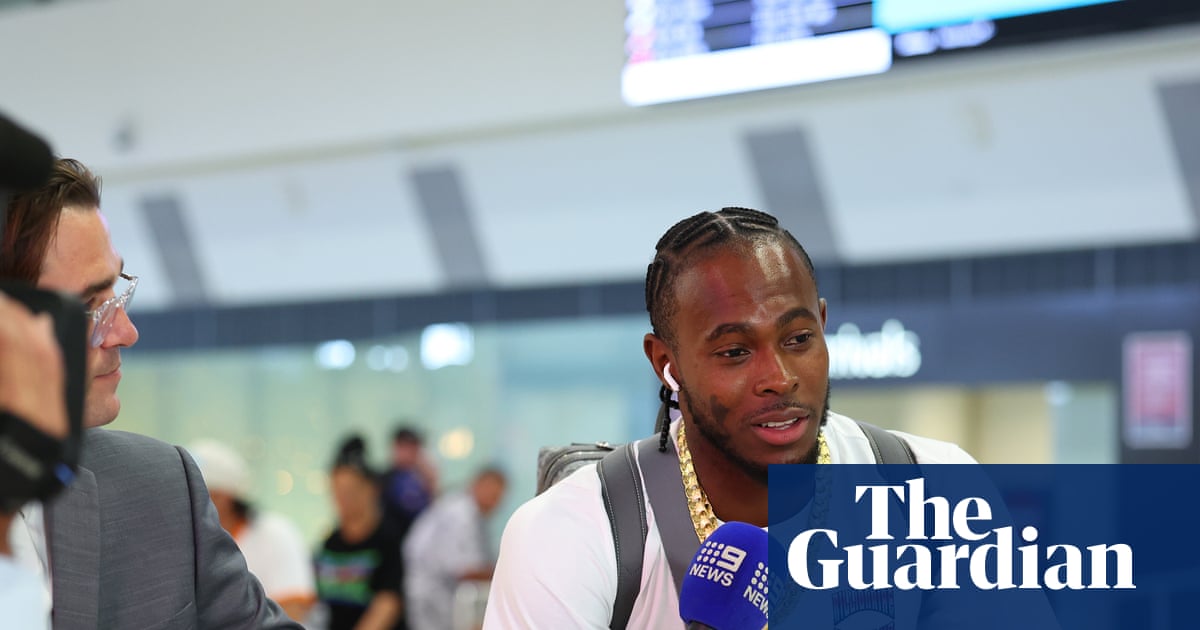Trump threatens to declare a national emergency in Washington DC over Ice dispute
Welcome to our live coverage of US politics.
Donald Trump has threatened to call a national emergency and federalize Washington DC after the city’s mayor, Muriel Bowser, said its police would not cooperate with Immigration and Customs Enforcement (Ice), whose agents have been taking illegal suspects into custody and have been accused of racially profiling people in doing so.
The US president took charge of the city’s Metropolitan Police Department (MPD) on 11 August for 30 days, activating the National Guard and deploying federal officers in what he framed as a crackdown on crime and homelessness but what was widely seen as another example of federal overreach.
It is true that Washington DC has struggled with the scourge of gun violence, but its violent crime rate is at a 30-year low, much lower than that of cities in many red states.
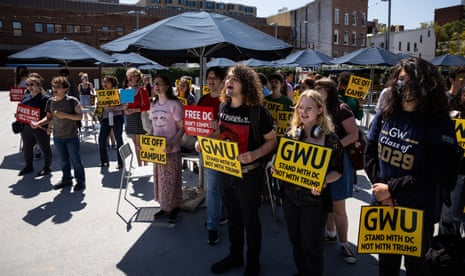
Trump’s 30-day emergency declaration has expired but over 2,000 national guard troops are patrolling the district – reportedly including several hundred sent from Republican-run states. It is unclear when their mission will end.
Bowser issued an executive order at the beginning of the month requiring ongoing coordination between local law enforcement and various federal partners, though Ice was notably excluded.
Trump blamed “Radical Left Democrats” for pressuring Bowser to inform the government about the non-cooperation with Ice, adding that if the police halted cooperation with Ice, “Crime would come roaring back.”
He said: “To the people and businesses of Washington, D.C., DON’T WORRY, I AM WITH YOU, AND WON’T ALLOW THIS TO HAPPEN. I’ll call a National Emergency, and Federalize, if necessary!!!”
We will have more on this and other US politics stories throughout the day so stick with us.
Key events Show key events only Please turn on JavaScript to use this feature
Donald Trump said on Friday he’ll send the National Guard to address crime concerns in Memphis, Tennessee, his latest test of the limits of presidential power by using military force in American cities.
Speaking on Fox News, Trump said “the mayor is happy” and “the governor is happy” about the pending deployment. Calling the city “deeply troubled,” he said “we’re going to fix that just like we did Washington.”
Paul Young, the Democratic Memphis mayor, had signaled the intervention was coming. “Earlier this week I was informed that the government and the president were considering deploying the national guard,” he said on Thursday, while requesting “financial resources for intervention and prevention” rather than military deployment.
“I did not ask for the National Guard and I don’t think it’s the way to drive down crime,” Young, who ran for office on a tough-on-crime platform, told a news conference the following day.
The Guardian US’ democracy editor, Kira Lerner, has explored the ways in which Trump’s Washington takeover led to the indiscriminate detention of immigrants, the rise of racial profiling and the arrests of large numbers of people for low-level crimes. Here is an extract from her story, published on 10 September 2025, the day Trump’s direct control of Washington DC’s police force ended:
A White House official said on Monday that 2,120 people have been arrested since the start of Trump’s takeover, 20 known gang members had been arrested and 214 firearms had been seized. Although violent crime has decreased during this period, Washington residents say the impact has not been worth the overbearing law enforcement presence.
Federal agents with numerous agencies, including Immigrations and customs enforcement (Ice), Customs and Border Protection, Federal Bureau of Investigation, US Park Service, Secret Service, Drug Enforcement Administration, Bureau of Alcohol, Tobacco, Firearms and Explosives, and the US marshals service have all been activated across the city. Often a single arrest will involve officers from multiple agencies and the local Metropolitan police department (MPD).
Though the deployment of national guard troops from six states was the most high-profile aspect of the 30 days, the camo-clad troops, who are now armed, were largely focused on patrolling tourist sites and Union Station, the city’s main train station. With little work to be done, some were instructed to do landscaping and other “beautification” tasks …
Washington DC residents have pushed back against what many call an occupation, which is deeply unpopular in the largely Democratic city. On Saturday, thousands marched from Malcolm X park in Northwest DC to the White House in an event organized by Free DC, a community organization working to protect the city’s Home Rule that has trained thousands of people since 11 August.
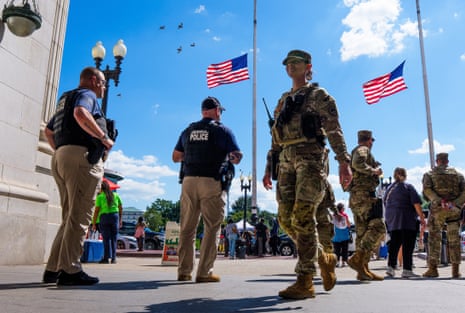
Trump threatens to declare a national emergency in Washington DC over Ice dispute
Welcome to our live coverage of US politics.
Donald Trump has threatened to call a national emergency and federalize Washington DC after the city’s mayor, Muriel Bowser, said its police would not cooperate with Immigration and Customs Enforcement (Ice), whose agents have been taking illegal suspects into custody and have been accused of racially profiling people in doing so.
The US president took charge of the city’s Metropolitan Police Department (MPD) on 11 August for 30 days, activating the National Guard and deploying federal officers in what he framed as a crackdown on crime and homelessness but what was widely seen as another example of federal overreach.
It is true that Washington DC has struggled with the scourge of gun violence, but its violent crime rate is at a 30-year low, much lower than that of cities in many red states.

Trump’s 30-day emergency declaration has expired but over 2,000 national guard troops are patrolling the district – reportedly including several hundred sent from Republican-run states. It is unclear when their mission will end.
Bowser issued an executive order at the beginning of the month requiring ongoing coordination between local law enforcement and various federal partners, though Ice was notably excluded.
Trump blamed “Radical Left Democrats” for pressuring Bowser to inform the government about the non-cooperation with Ice, adding that if the police halted cooperation with Ice, “Crime would come roaring back.”
He said: “To the people and businesses of Washington, D.C., DON’T WORRY, I AM WITH YOU, AND WON’T ALLOW THIS TO HAPPEN. I’ll call a National Emergency, and Federalize, if necessary!!!”
We will have more on this and other US politics stories throughout the day so stick with us.

.png) 1 month ago
36
1 month ago
36

